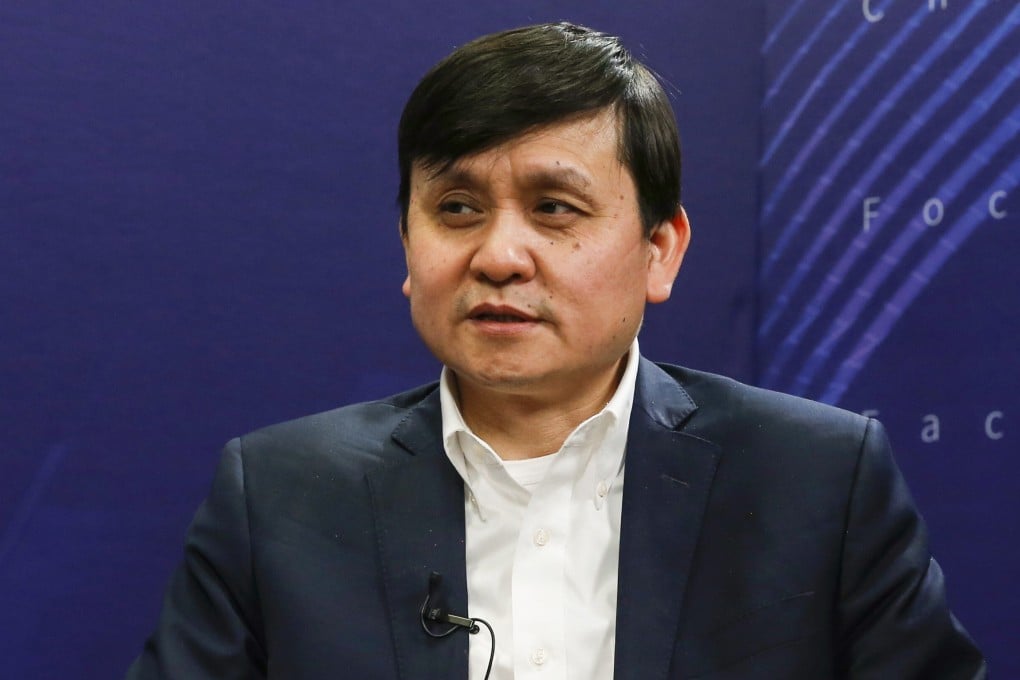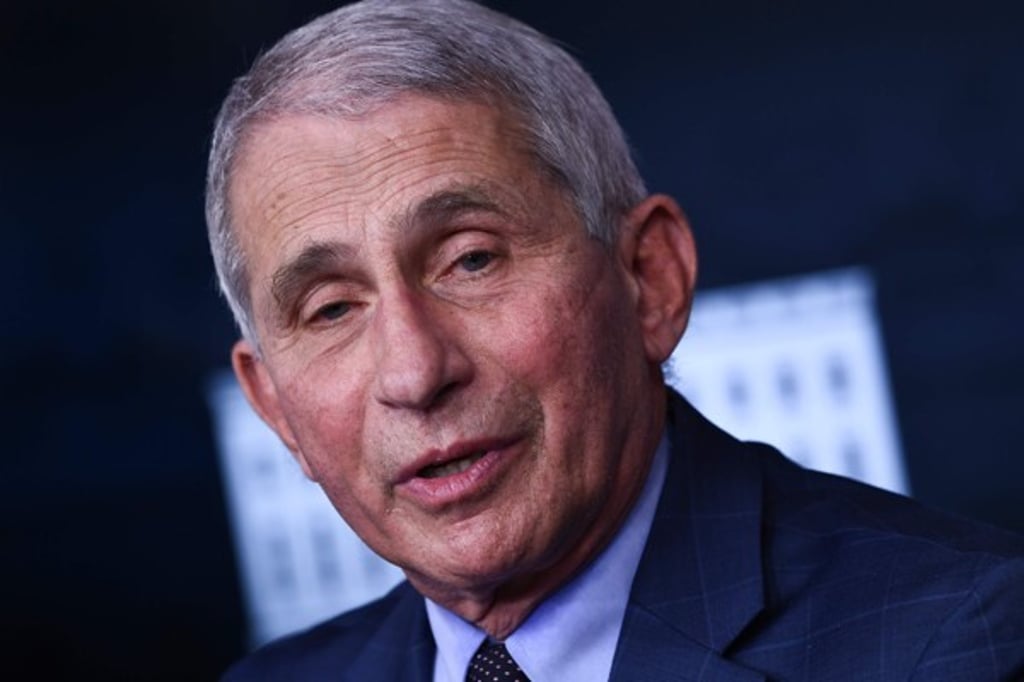Advertisement
Profile | Zhang Wenhong is China’s own Dr Fauci: intelligent, humane and protector against Covid-19
- Shanghai infectious disease doctor is a household name for leading from the front line and speaking out against excessively harsh lockdown measures
- His popularity is, in part, because he has not cashed in his position or popularity for financial rewards, says global health observer
Reading Time:5 minutes
Why you can trust SCMP
15

Dr Zhang Wenhong is a household name in China.
Unlike Dr Anthony Fauci, director of the US National Institute of Allergy and Infectious Diseases, Zhang is not the chief medical expert in his country’s fight against Covid-19. Nor did he ever confront the government about its handling of the pandemic as Fauci did to the Trump administration. Yet Zhang’s rational and candid advice with a human touch has made him one of the most trusted medical figures in mainland China.
Zhang is the director of the Huashan Hospital’s department of infectious diseases and head of the Shanghai panel overseeing the treatment of Covid-19. He opened his account on Weibo, China’s equivalent of Twitter, last year to share knowledge, development and insight into pandemic prevention. Today, he has more than 3.5 million followers on the social media platform, with many of his videos and articles viewed millions of times.
Advertisement
“I admire Daddy Zhang, who can always explain complicated issues clean and clear,” one viewer commented under Zhang’s latest post analysing the road map to the end of the Covid-19 pandemic.
“I trust you, Dr Zhang! I’ll get inoculated tomorrow,” another user wrote.
Advertisement

At the end of last month, more than 11 million people in Shanghai had completed the two-dose inoculation with 25.7 million vaccine doses administered, according to the Shanghai municipal government. It means nearly 46 per cent of Shanghai’s 24 million population were vaccinated, while the country is pushing to inoculate 40 per cent of its population by the end of this month.
Advertisement
Select Voice
Choose your listening speed
Get through articles 2x faster
1.25x
250 WPM
Slow
Average
Fast
1.25x